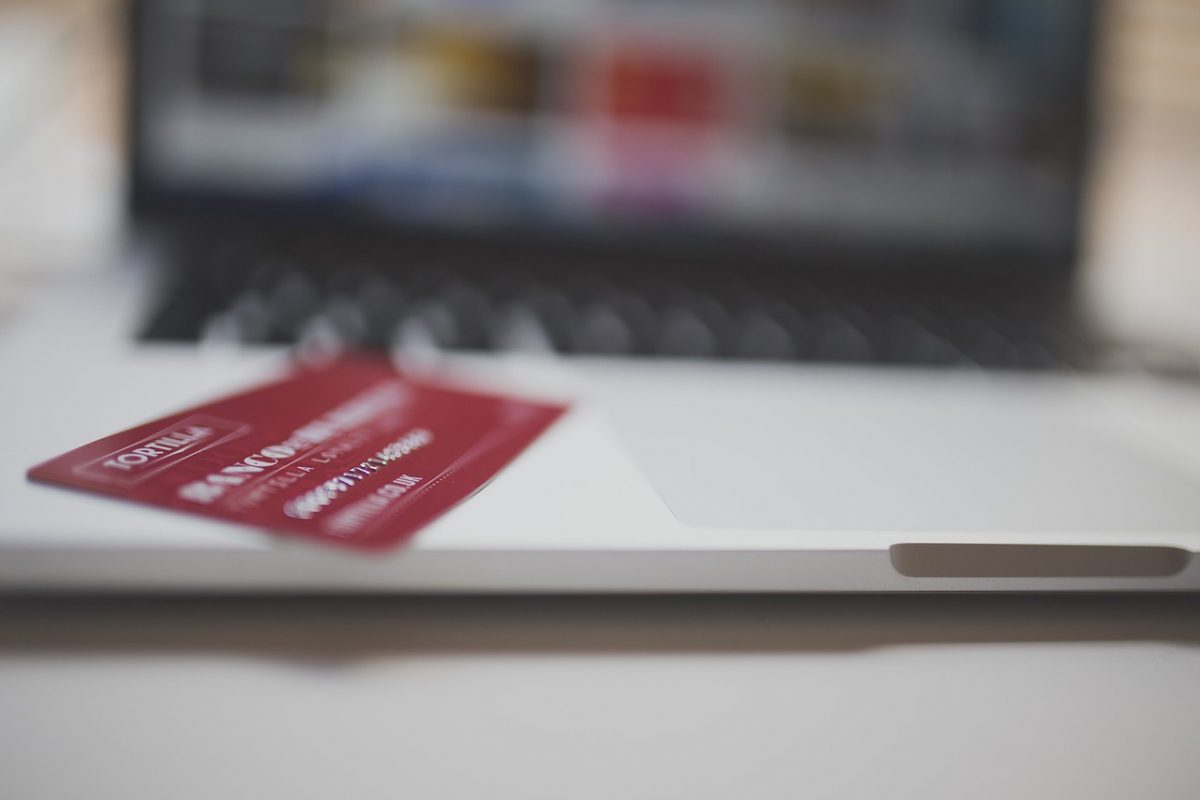How to secure your digital transactions by Abhijit Ahaskar. Available from <http://www.livemint.com/Leisure/eAqnDAFMqB4Vfxe7yyOfgO/How-to-secure-your-digital-transactions.html> [Last Modified: Mon, Dec 19 2016. 06 16 PM IST]
Demonetisation and the subsequent cash crunch has compelled people to use their debit or credit cards. Many are using payment wallets such as FreeCharge and Paytm to avoid using their cards all the time. Many of these first-time users are not fully aware of what is secure and what is not. This makes them an easy prey for hackers and people with malicious intent. According to Norton’s Cyber Security Insights Report (published in November 2016), 55% of users born between 1980 and 2000 have been victims of cyber crime.
Here are some tips that you can keep in mind if you are using one of the digital platforms for making your next cash transaction.
Be more cautious with public WiFi networks
Easy and fast access to internet through public WiFi networks such as at railway stations, airports and coffee shops attracts many users. Users need to keep a few things in mind before connecting to any public WiFi network. One of them is to make sure you know the right SSID (service set identifier) name of the WiFi network you are connecting to. Hackers often set up WiFi network with almost similar SSID names making users believe that there are two such networks and they can connect to any of them. Any communication made using such dubious networks will be at risk of malicious activity. It is safer to avoid WiFi networks that are not protected by a password.
Use VPN
Using a Virtual Private Network (VPN) not just sidesteps geographical restrictions on online content but can also add a layer of security to your online communications. It is widely used as a tool to secure web browsing sessions by enterprise as well as individual users. You can add a VPN on your smartphone or your WiFi network at home. For a smartphone, you will have to downloaded and install a VPN app. Most VPN apps charge a monthly subscription, while some like Opera VPN are completely free to use. Deploying a VPN in wireless router will transmit all online communication through an encrypted tunnel created by the VPN.
Use OTP during transactions
During online transactions made using a credit or debit card, banks ask users to enter their 3D secure PIN (personal identification number) or request for an OTP (one-time password). Using the latter will prompt the bank to send a six-digit number through a text message on the user’s registered mobile number. This is a unique number and is generated only for one transaction. Using a 3D secure PIN on a public WiFi can be risky. Paying through an OTP is still a safer option.
Identify secure webpages
Most websites rely on certain security protocols such as HTTPS (Hyper Text Transfer Protocol Secure) to protect users and keep their transactions secure. These websites can be identified with a green sticker and through the browser url, where the link address will start with https instead of http or www.
Alternative to online transactions—Use NUPP for transaction
Another way of bypassing the risk of online fraud during transactions is using National Unified USSD Platform (NUPP) for sending money directly to the other person’s bank account. NUPP is based on USSD (Unstructured Supplementary Service Data) technology which uses GSM networks for communication with the user and the bank and this makes it free from the risk of online hacking. To use it, dial *99# in your phone and enter and type the three letters used to identify your bank or the IFSC (Indian Financial System Code) of your bank in the next pop-up page. This will open another page with options to pay using MMID (Mobile Money Identification Number) or IFSC.
If you are paying through MMID, enter the seven-digit MMID code and the beneficiary’s mobile number. In case you are using the IFSC, enter the IFSC code and the bank account number of the beneficiary and the amount that you are paying. To complete the transaction, you will be asked to enter your four-digit mobile banking PIN number issued by your bank. For every transaction, users will be charged a nominal fee of 50 paise.
How to secure your digital transactions by Abhijit Ahaskar. Available from <http://www.livemint.com/Leisure/eAqnDAFMqB4Vfxe7yyOfgO/How-to-secure-your-digital-transactions.html> [Last Modified: Mon, Dec 19 2016. 06 16 PM IST]

